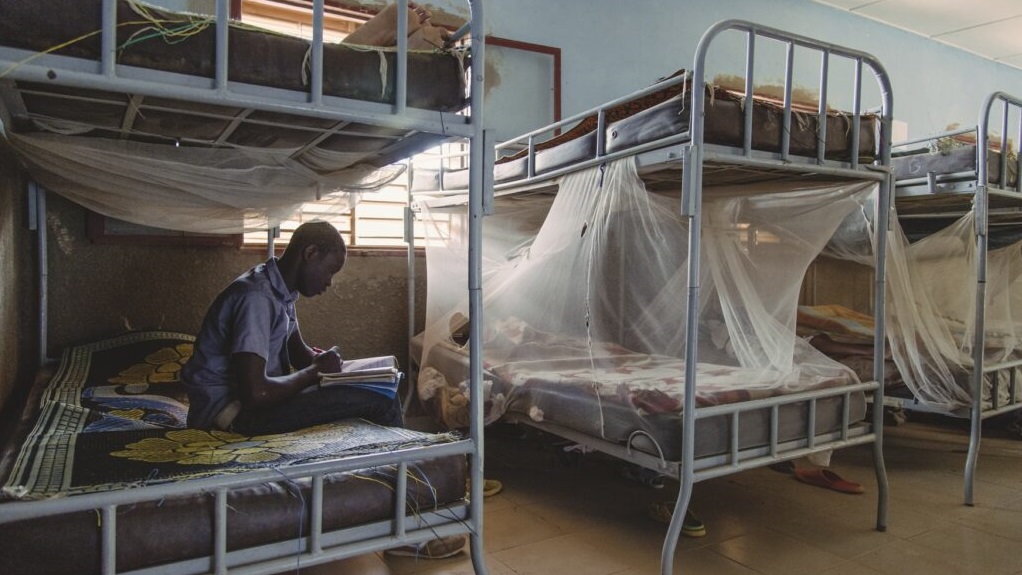
Despite the proven risks and consequences of detention on children’s physical and mental health, more than 7.2 million children are still deprived of their liberty worldwide in 2019 according to the United Nations global study. Moreover, the COVID-19 pandemic reminded us of the need to release these children. Since then, the IBCR and its partners are commited to mobilise around this issue.
The global study made it possible to examine the diversity of the paths that lead children to find themselves deprived of freedom, and the consequences of this deprivation on the quality of life of those who experience it. Deprivation of liberty for children is synonymous with vulnerability, social exclusion and exposes them to different forms of violence and exploitation. Not to mention the impacts on their health and development. The current health context, accentuating the risks associated with detention, has put the need to release children deprived of their liberty back at the heart of the discussions.
It is with this objective in mind that several organisations, including the IBCR, have come together to provide clear, concise and concrete documentation and guidelines on how to adapt the practices of police, justice and social work professionals in contact with children deprived of their liberty in situations of health crisis.
Published in English last July, these guidelines are now available in French, Spanish and Arabic, allowing more people to have access to essential recommendations, practices and principles in times of pandemic.
Access the guidelines in French, Spanish and Arabic
˃ Learn more about the guidelines
|
What Key comptentecies are needed to accompany children deprived of their liberty? The IBCR, in collaboration with the Organisation Mondiale de la Francophonie, is continuing its reflection by organizing a consultative process to establish the key competencies of staff working with children deprived of their liberty. This workshop,comprised of virtual and physical meetings, will take place from 26 to 30 October 2020 and will bring together some fifty international experts. It aims is to identify and validate the key competencies that all personnel working with children deprived of their liberty should master in order to ensure their protection. Similar workshops have taken place in the past to identify the key competencies of police, justice and social work personnel. Three three dedicated guidelines on the subkect are available on our webiste. |
Photos © Terre des hommes





